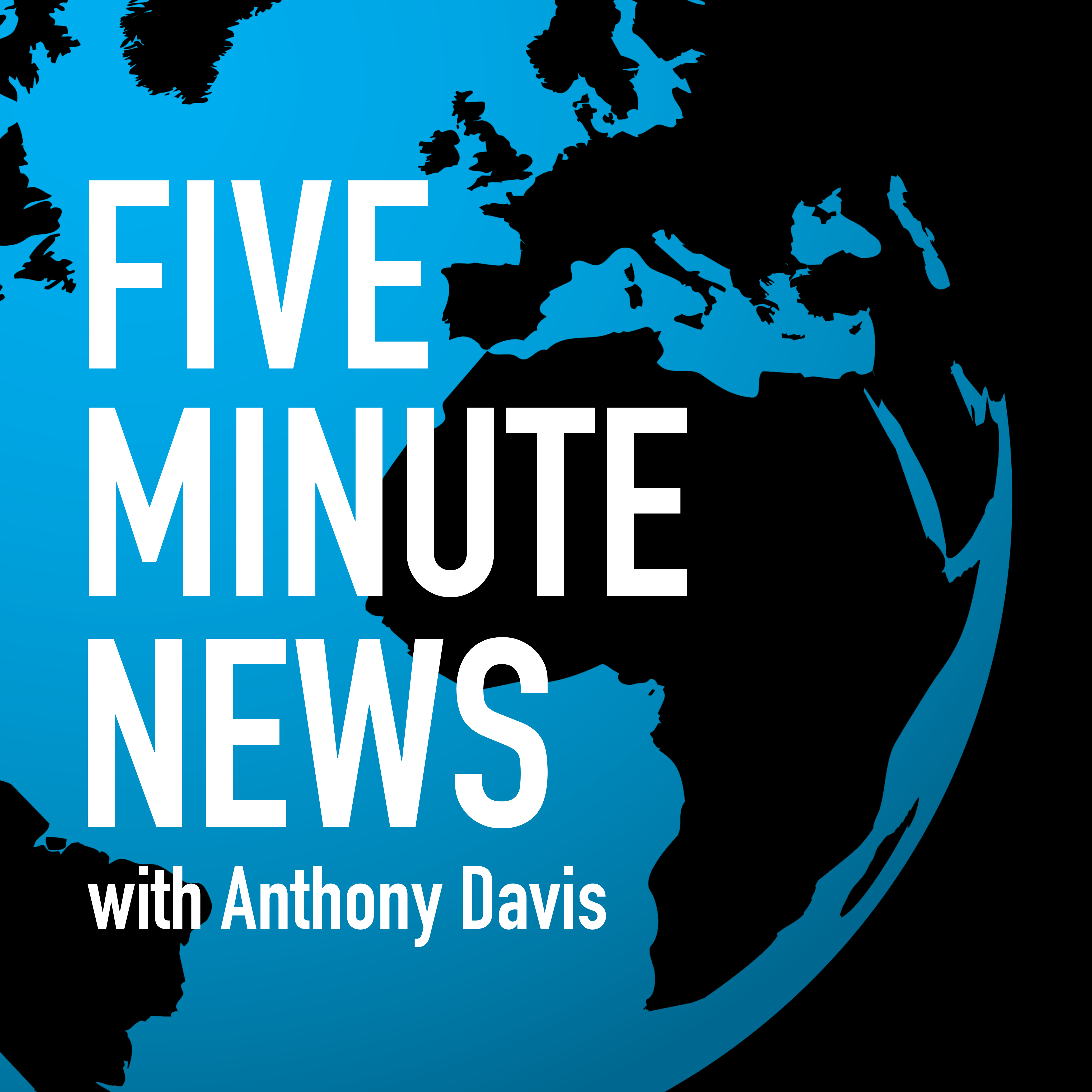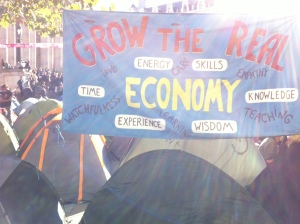Youth unemployment figures have today risen to a record high, with more than one in five 16 to 24-year-olds out of work. One has to ask how the previous Government got it so wrong? They spent billions of public money on crack schemes to train, motivate and inspire young people into jobs, yet the numbers continue to climb. These schemes will remain in place until the Coalition’s reforms begin in June, meaning that today’s figures continue to support criticism of Labour, who failed to deliver for the very people that voted for them.
As a proud cross bencher (I’ve voted every which way since turning 18), I have in recent months concluded that it’s not politicians that now control this country, but the banks. Banks dictate the economy, and our parents handle everything else. Blaming the state for everything must stop, and social problems must become our problem.
I’ve never taken offence to the criticism levelled at me over the years by callers on countless talk shows, who have accused me one minute of leaning too much to the left, and on other occasions too far to the right. People love to judge and categorise others as typical. Well I’ve got news for you. There is no one size fits all ideology. Hereditary political leanings are history, and it’s time for people to ask questions of the parties their parents voted for, and read between the lines of the policy documents that form the basis of election manifestos. Having left school at sixteen and fended for myself in the employment market as a freelancer ever since, I speak with some authority on why the age old concept of left versus right is fundamentally flawed. It hasn’t actually made any real difference for decades to the jobs market, and maybe it’s about time that we woke up to what’s really happening out there? Remember, successive Governments have spent more on welfare than anything else, yet nothing has really changed.
I stupidly watch hours of live coverage of the House of Commons in session, and despite the hard work and good intentions of the vast majority of MP’s, I must conclude that many lack the eloquence and intellect of the general public at large. I know that Westminster is corrupting, but leaving your brain in the foyer should not be a pre-requisite of taking a seat on the big green bench? Increasingly, the rhetoric of politicians and ministers is straight out of the pages of The Thick of It, and on some occasions I’d rather Chris Langham was at the helm than the blindfolded donkeys, chasing their tails and waving their order papers.
For me, the missing ingredient is instinct. The public have the edge over parliamentarians with their instinctive ability to know if somethings up, is fishy, or on the turn. Whereas the donkeys rely on statistics, which are often collated by heavily biased organizations with Government interests, who often resort to bribery to get the desired results. All parties commission surveys, and whilst their results often form the basis of policy, their accuracy is rarely questioned. Hence why PMQ’s is often a volley of quotes from various polls, spun out to favour the moment, the inaccurate results of which end up on the front pages of tabloid newspapers. Well, I don’t buy it, and it’s damaging our wonderful country.
I often talk to kind hard working people who would say “I know nothing about politics, but…” and then launch into a diatribe of what they think is wrong with the country, often suggesting common sense solutions that, if applied by the authorities, could offer genuine respite to the ills of society. The reason that the ordinary man (species, not gender) has a more focussed grasp of these issues is thanks to the magic of instinct, collated by our subconscious whilst out living our lives.
Instinct is within us all, based upon our life experience, choices and parental teachings. “Don’t put your hand near the fire”, guarantees you won’t get your fingers burned. So, why is instinct not considered more in Parliament?
The unemployment rate is now 7.9%, with youth unemployment running at 20.5%. It appears that our current generation of youth need more help than ever before, but not necessarily by government. My fears lie in the future of unemployable youths, rather than the current trend of youth unemployment. As street fashion, informality and attitude become more prevalent in young people of all social backgrounds grappling for status and identity, it’s corruptive nature denies them real opportunities with employers who value the traditional, the respectable and the appropriate. Britain is increasingly being left behind by European nations for whom failure is not an option.
Every conversation I have surrounding the stagnation of society, the crumbling jobs market, welfare dependency and retirement planning, comes back to the same origins of opportunity. Making the most of what you’ve got, and capitalizing on your strengths. It’s these simple virtues that can only be instilled by our parents, through love and by example.
Getting off on the right foot, having your head together, and being prepared to roll your sleeves up is the basis for success, whether the outcome is running a multi-million pound public company or working in Clinton Cards. I consider both to represent success. Having parents whose work ethic rubs off on you, and passing that same ideology on to your children is far healthier than suggesting they vote for the party that you and your parents voted for, just because it’s a family tradition. The past has not served us well.
Since New Labour reared it’s head, party politics has lost all credibility as the line between left and right has blurred. The Bank of England decide monetary policy, and the banks continue to profit. Whilst the Coalition attempt to shrink the state, and Cameron’s Big Society remains misunderstood, real people are increasingly frustrated by the sense of denial that our country is in about how much effort is required to turn things around. This is a team effort, and everyone must play their part, especially the young.
We could start by scrapping the Office for National Statistics, and replacing it with our Mums, who always seem to have the answer.











